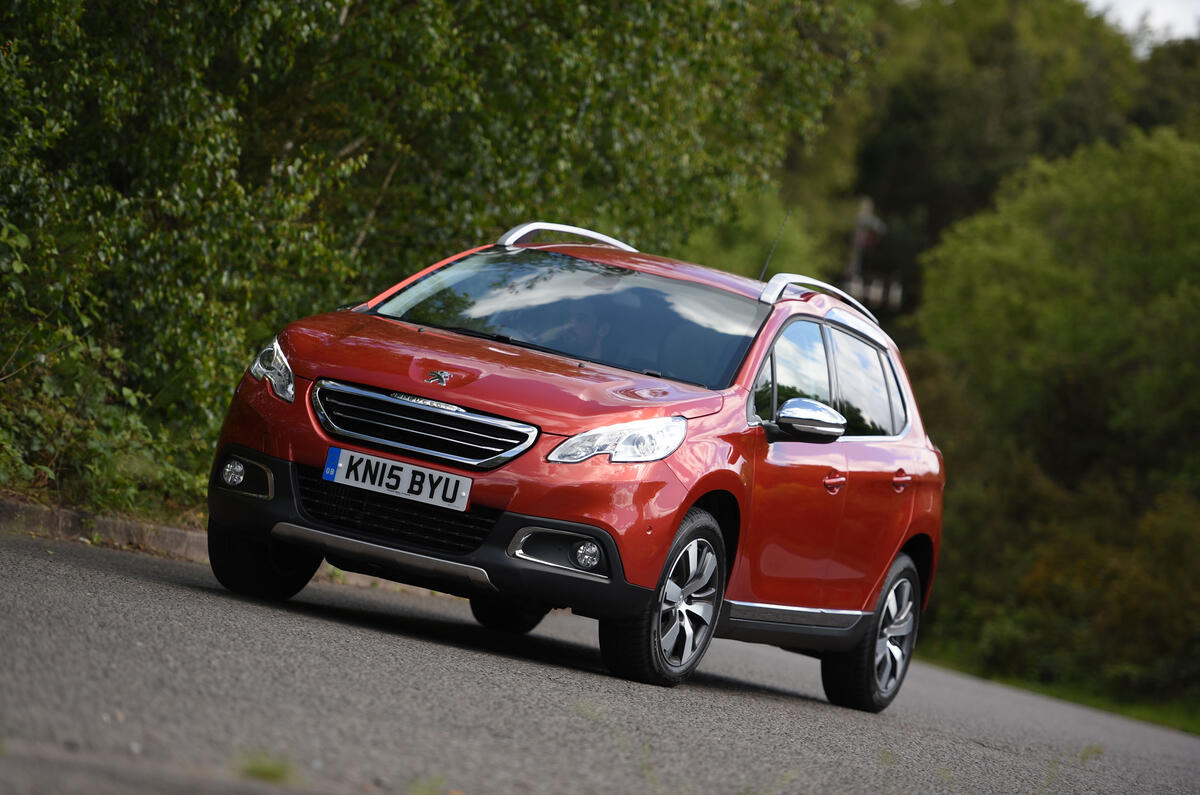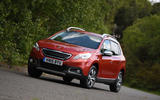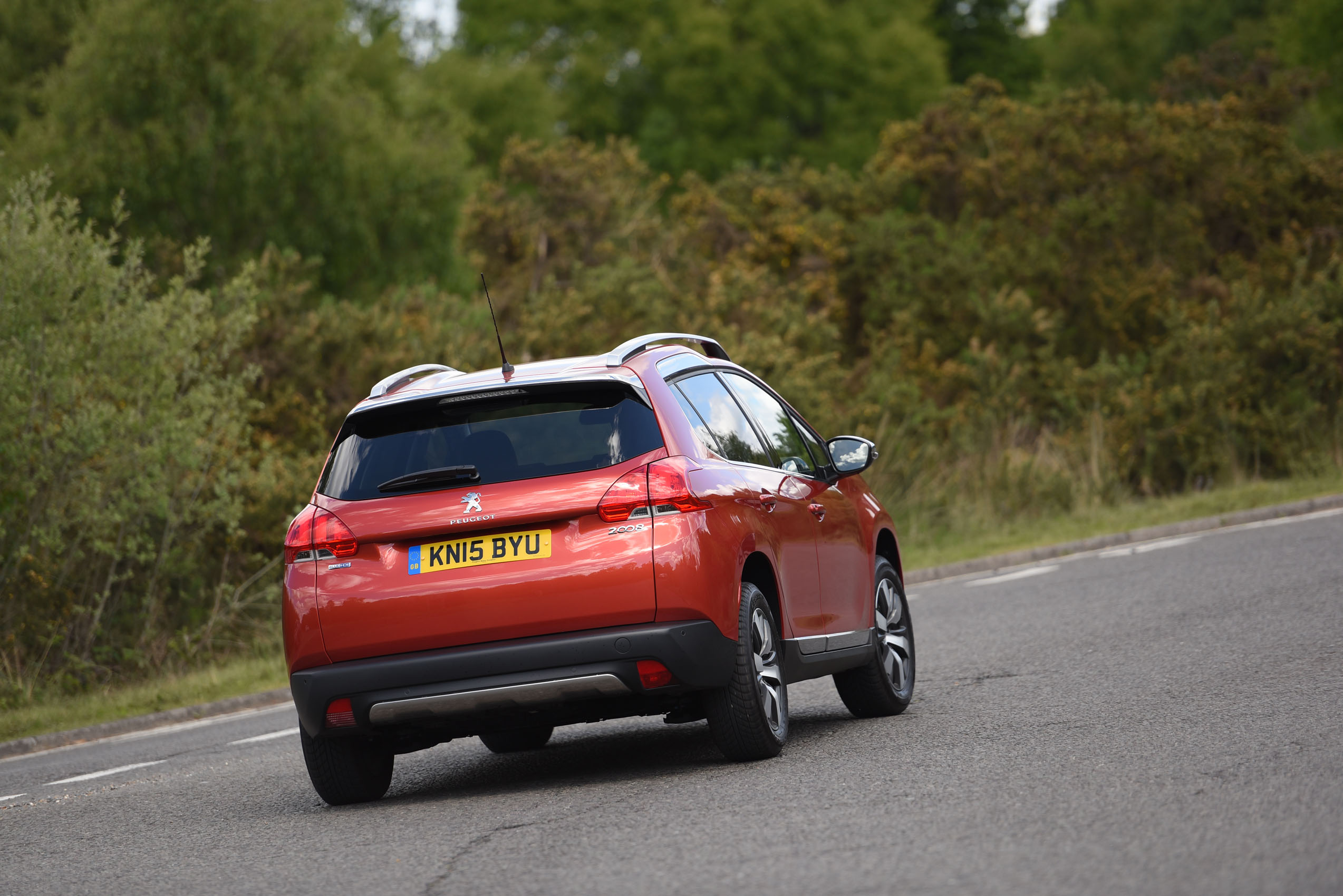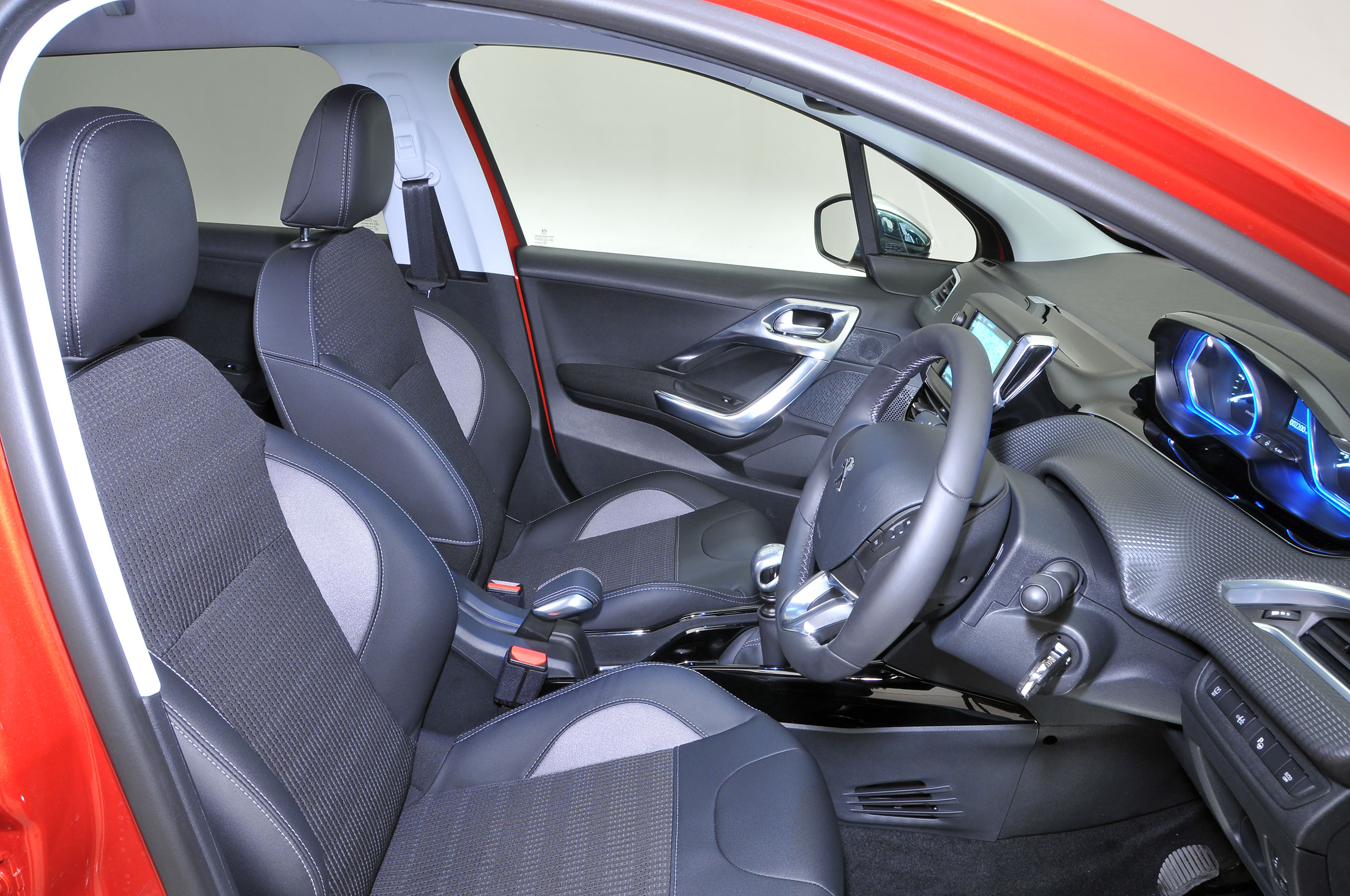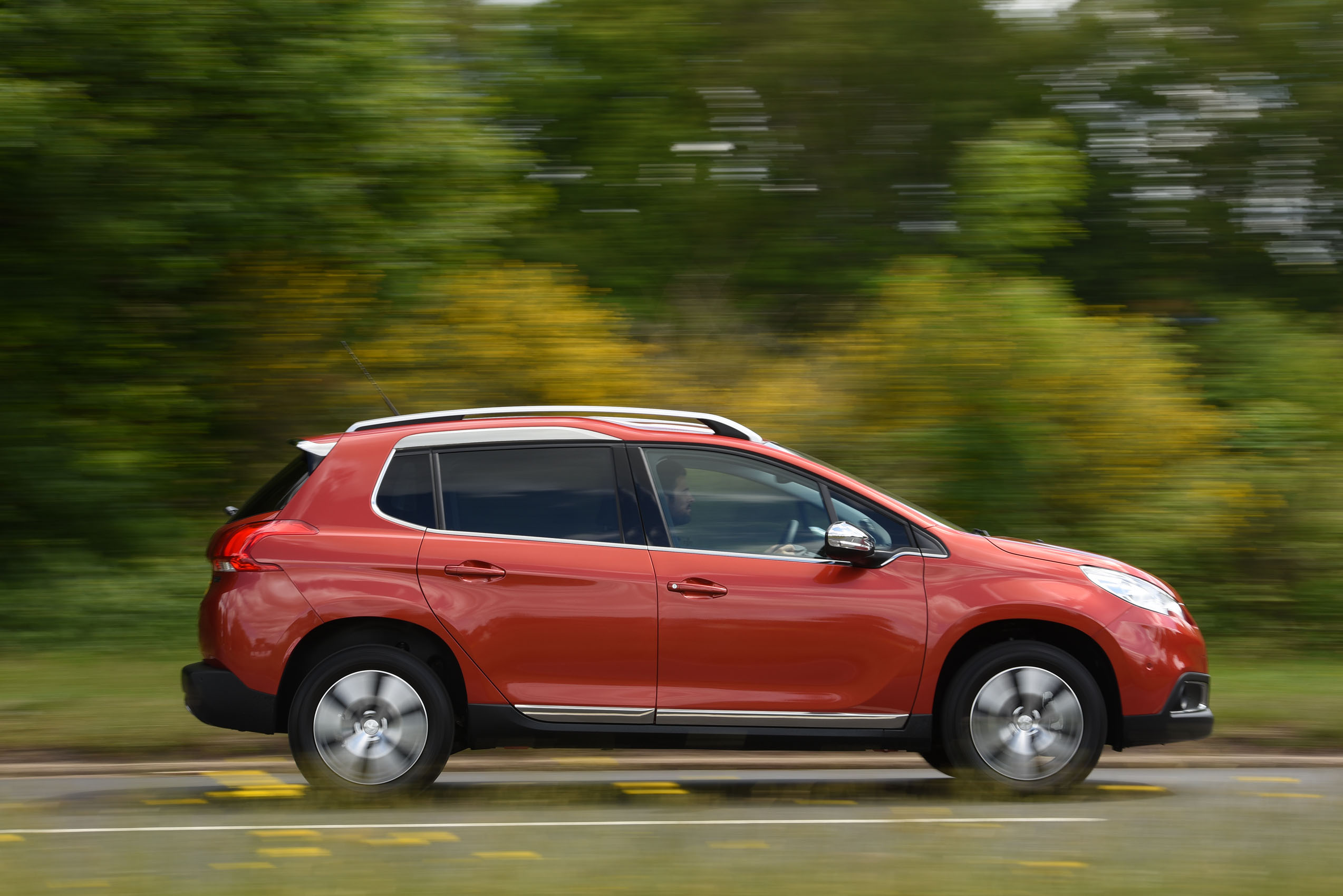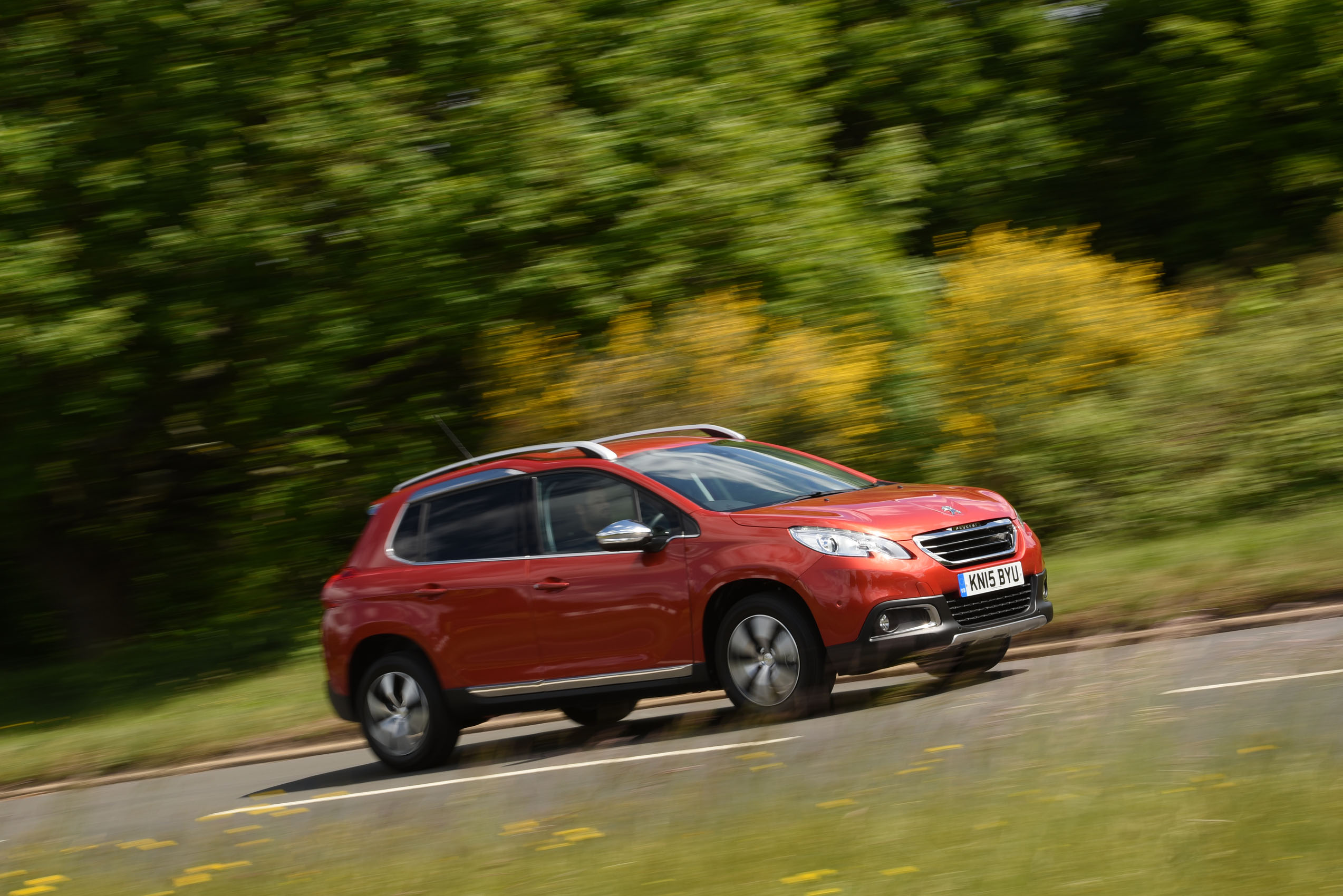Niche is the new mainstream, particularly when considering models like the Peugeot 2008. Take a look through the top 10 best-selling cars in the UK and that much is obvious.
Nissan ditched the Primera – a conventional large family car – more than half a decade ago, yet now its replacement, the supposedly niche Nissan Qashqai crossover, sits proudly on Britain’s best-sellers list, although its aura may be fading with the arrival of the Seat Ateca. Its smaller Nissan Juke sister model has done the same since its debut, and it’s a theme replicated throughout Europe.
Not surprising, then, that there has been an upsurge in family-friendly, quasi-SUV crossover models, of which the Peugeot 2008 is a Peugeot Peugeot 208 supermini-based, four-metre-long entrant into an increasingly crowded market.
In common with most manufacturers (excepting the likes of the Lada Niva and Fiat Panda 4x4), Peugeot doesn't exactly have a long history of small SUVs.
Until the recent expansion of its range, the closest the French manufacturer came to all-road cars were pick-up versions of the 404 and grey-bearded 504s, which are still common in Africa. The '2' prefix, which now denotes a compact Peugeot, stretches back 84 years to the 201 of 1929. The most recent attempt was in the shape of the Peugeot 4007, which wasn't duly replaced telling you all you need to know about its impact.


